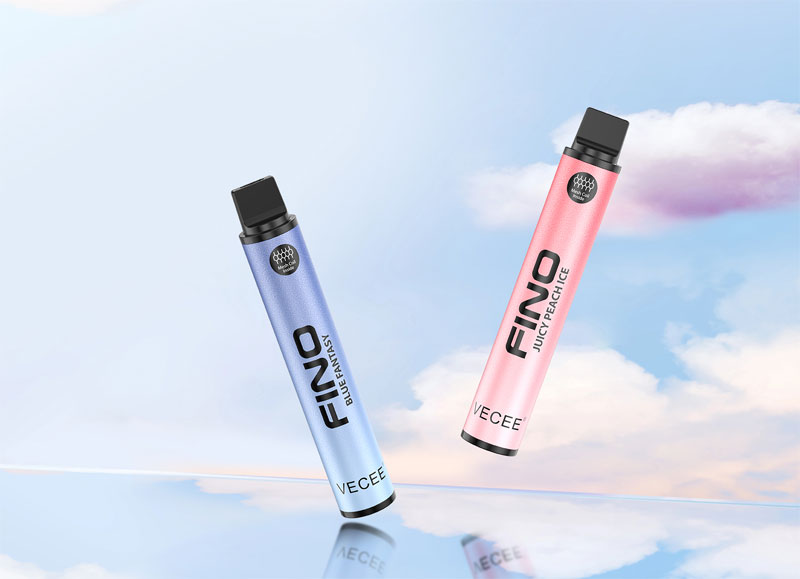Understanding the Removal of JUUL E-Cigarettes from the Market
The recent decision to pull JUUL e-cigarettes from the market has sent shockwaves across the vaping community. This move, which stems from growing health concerns and regulatory pressures, is a significant turn of events for both retailers and consumers who rely on JUUL products. The controversy surrounding e-cigarettes, especially those manufactured by the JUUL company, has been building up over the years, primarily due to health implications and their appeal to the youth.
The Rise and Fall of JUUL
JUUL, once a pioneer in the e-cigarette industry, revolutionized how consumers view smoking alternatives. Its discreet and technologically advanced e-cigarettes provided users with a potent dose of nicotine, using sleek and portable devices. However, the very factors that led to JUUL’s success also contributed to its decline. Increasing scrutiny over the health impacts of e-cigarettes, combined with aggressive marketing strategies that appealed particularly to teenagers, marked the beginning of JUUL’s troubles.
In early 2022, several health organizations raised alarms over the safety of vaping, citing studies that revealed potential risks. As these concerns gained momentum, regulatory bodies began to take action, leading to a domino effect that saw JUUL facing litigation, declining sales, and ultimately, the decision to pull its products from store shelves.
Health Concerns and Regulatory Challenges
The primary reason behind the withdrawal of JUUL products is the mounting evidence linking e-cigarettes to health issues such as lung damage. The chemical composition of the vapor, although initially marketed as a safer alternative to traditional smoking, is now under intense scrutiny. Substances such as diacetyl, heavy metals, and volatile organic compounds have all been associated with adverse health effects. This has led to many consumers questioning the safety of JUUL e-cigarettes.
Moreover, the regulatory landscape has shifted significantly, with agencies like the FDA cracking down on e-cigarette manufacturers. JUUL’s marketing strategies, which were criticized for targeting younger demographics, especially drew fire. This led to numerous lawsuits that strained the company’s resources and reputation, further pushing them toward this drastic decision.
What This Means for Users
The removal of JUUL e-cigarettes from the market leaves a void for existing users who considered it a viable smoking alternative. Users must now explore other options or revert to traditional tobacco products, both of which have their own set of challenges. Transitioning from JUUL to other e-cigarettes might not offer the same experience or nicotine levels, leaving users in a difficult position.

Additionally, this move could signify a broader industry trend where tighter regulations may become the norm, impacting other e-cigarette brands. As the industry adjusts to new compliance requirements, users should stay informed about the ongoing developments and how they may affect their usage options.

Future of Smoking Alternatives
This situation highlights the complex landscape of smoking alternatives and the need for continued innovation and adaptation. Companies may need to focus on alternative nicotine delivery systems that are safer and more acceptable both to regulators and the public. The push for safer vaping products could stimulate advancements in technology that prioritize user health without compromising on the experience.
FAQs
- Why were JUUL products removed from the market?
 JUUL products were removed due to health concerns and regulatory challenges linked to their safety and marketing practices.
JUUL products were removed due to health concerns and regulatory challenges linked to their safety and marketing practices. - What are the alternatives to JUUL e-cigarettes? Smokers can explore other e-cigarette brands or methods like nicotine patches and gum as alternatives, but should assess their safety and regulatory approvals.
- Will other e-cigarette brands be affected? Possibly. As regulatory bodies tighten controls, other brands may face similar scrutiny, leading to industry-wide changes.
